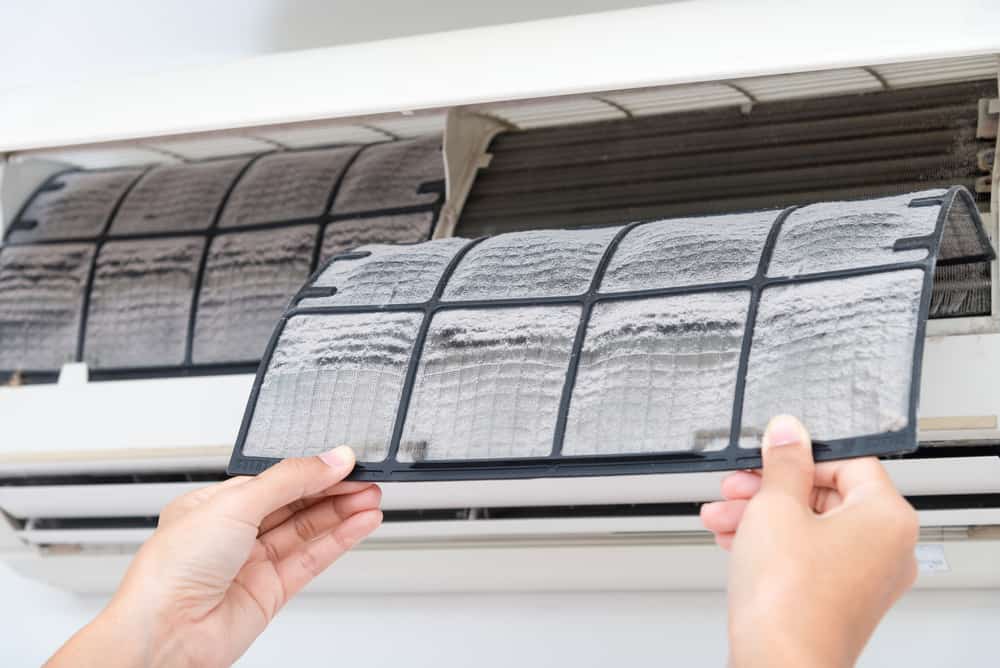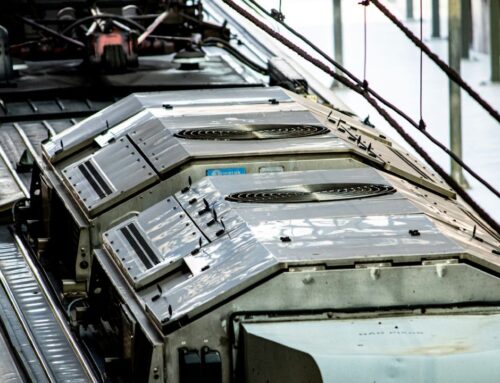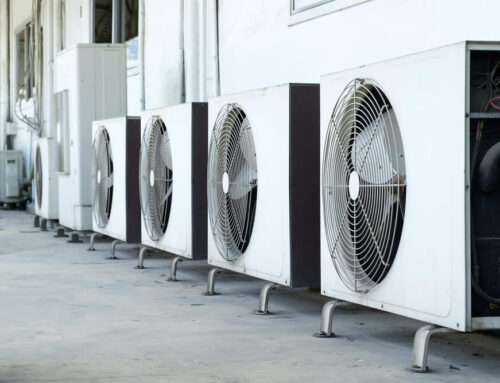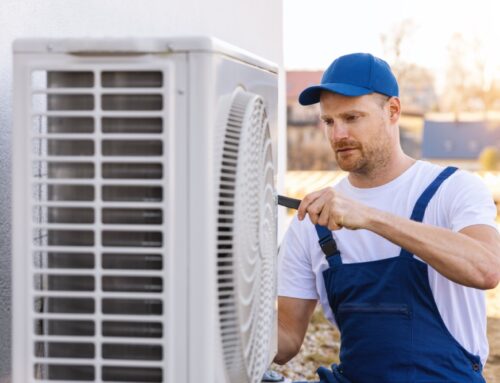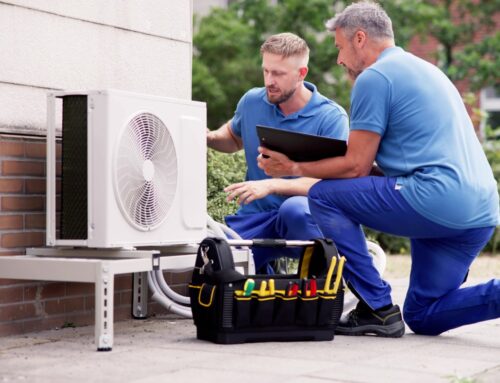Air-conditioning must be one of the greatest inventions of the previous century. Not only does it provide us with our livelihood, but it also makes our modern, urban way of life possible. Seriously, could you imagine summer in the city without air-conditioning?
But, as with all progress, there are those out there who swear that air-conditioning is slowly killing us, and we’d be better of without it. Of course, some of these people can immediately be dismissed as obvious conspiracy theory enthusiasts (to put it politely), but what about your otherwise completely sane and normal granny/friend/neighbor, who refuses to turn on the AC because it gives them a cough, a headache or a cold, or news reports of people dying from AC contamination? So is it true, can you get sick from air-conditioning?
Can Air-Conditioning Make you Sick?
As this is a blog written by someone with a vested interest in the AC industry, you’re probably expecting a vehement denial of any such possibility, so you’ll be surprised when we say that the short answer is; Yes, it can.
But that’s the short answer. The real situation is a bit more complicated, so we’ll break it down a bit.
- First, the headaches. Air-conditioning doesn’t just cool down air, it also removes moisture (dehumidifies) from it. Dry air can cause respiratory problems and dehydration<>, which can result in a headache. This can be a particular problem for the very young, the elderly, and those who already experience respiratory problems.
If anyone in your household regularly experiences these symptoms when the AC is on, the solution is a portable room humidifier, which will replace the lost moisture in the air.
- Next, the claim that air-conditioning can give you a summer cold. No, it can’t. Viruses give you a cold. What air-conditioning does is create a cool, dry environment which allows cold viruses to survive. It can also dry out the mucous membranes in your nose, giving the virus a perfect place to develop.
Basically, the lower you set your AC thermostat during the summer, the more likely you are to pick up a virus. Ideally, the thermostat should be 5 degrees lower than the outside temperature, but you can add a few degrees to that in the height of summer.
- Finally, the big one, Air-Conditioning Kills. We’re sure that there have been some deaths that were directly caused by air-conditioning. If, for example, a window unit fell on a person from a few story’s up, it would probably be fatal, and it’s quite possible that some enthusiastic DIYers have had heart attacks while trying to install a heavy outside unit.
Aside from these scenarios, air-conditioning technology is not responsible for any deaths whatsoever. The outbreaks of air-conditioning related sickness and death you hear about in the news are a result of poor maintenance of systems, rather than conditioned air itself.
AC Unit Does Create Breeding Ground for Bacteria
As you must be aware, AC units produce a lot of moisture during the process of cooling the air. This is partly from condensation and partly as a result of dehumidifying the air. Cold, wet, dark places, like the inside of your system, are the perfect breeding ground for mold and various bacteria, including Legionella, which can cause the potentially fatal Legionnaires disease.
If the system is not regularly cleaned and maintained, bacteria can take hold and will be dispersed along with the cold air through the vents. This is more likely to occur in large, central AC systems in public buildings, rather than home ones. And to put that in perspective, before you rip out your AC, last year there were only about 6,000 reported cases of Legionnaires disease in the U.S., with the cause not reported.
To sum up then, while AC use can cause some discomfort among certain groups, a humidifier, and a slightly higher thermostat setting should be enough to resolve these.
And if you schedule regular maintenance for your system, you have nothing else to fear, so book an appointment with us, at Chills Air Conditioning, today, for all your maintenance needs.

